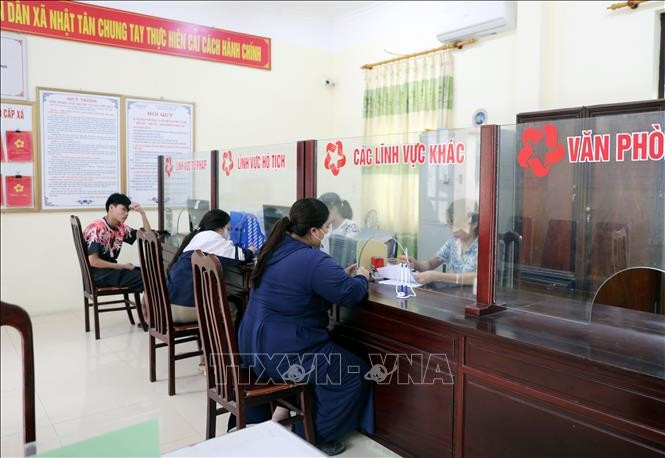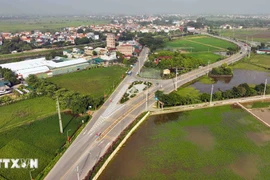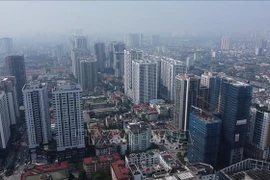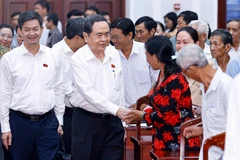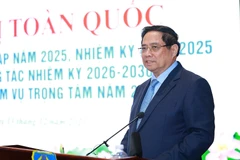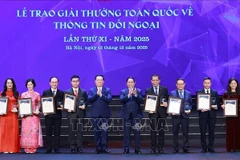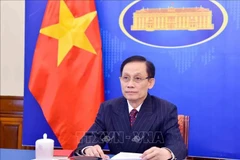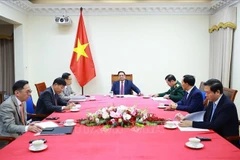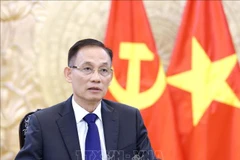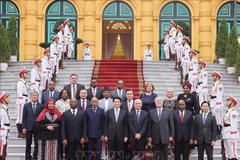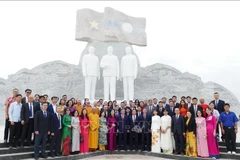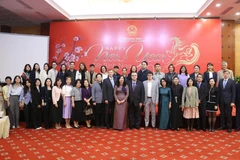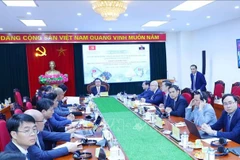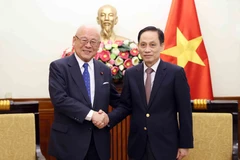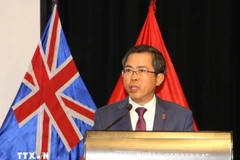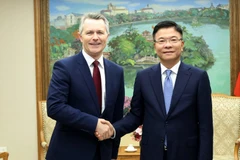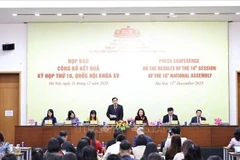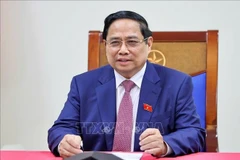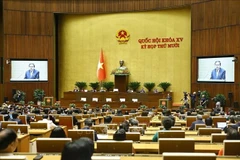Hanoi (VNA) - The Government on April 7 issued Resolution No. 74/NQ-CP on a plan to implement the arrangement of administrative units and building a two-tier local government model.
The plan clearly defines a roadmap and tasks to be accomplished at each stage, ensuring alignment with practical realities to successfully achieve the objectives, requirements, tasks, and solutions outlined in the conclusions of the Party Central Committee's Politburo and Secretariat. It also features clear responsibilities and coordination among relevant ministries, sectors, the Party Committees, People’s Councils, People’s Committees of provinces and centrally-run cities, and other related agencies in directing and organising the implementation.
One of the tasks and solutions set out in the plan is to perfect policies, laws, and guiding documents that serve as the basis for the work.
Based on their functions, tasks, and powers, ministries and agencies are to proactively propose and submit to the competent authorities for issuance, or issue within their competence, legal documents and guiding ones to address issues related to the arrangement of administrative units, the removal of district-level administrative units, and the organisation of two-tier local governments, ensuring that after the reorganisation, the administrative units and local government organisations operate smoothly without interruptions or legal gaps. The completion deadline is set before June 30.
The Government assigned the Ministry of Home Affairs to perfect a draft new law to replace the Law on Organisation of Local Governments 2025 and another that replaces the Law on Civil Servants and Public Employees 2008 (amended and supplemented in 2019) by April 30 so that the cabinet can submit them to the National Assmebly (NA) for adoption.
The ministry must finalise a draft resolution on the arrangement of administrative units in 2025 before April 8 to submit to the Government for presentation to the NA Standing Committee.
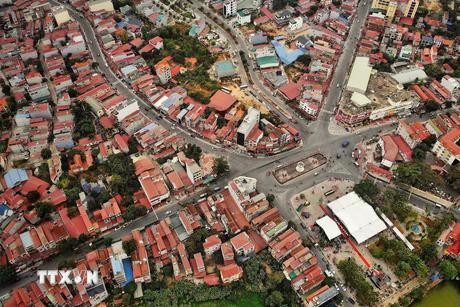
The Ministry of Justice was requested to submit to the Government for presentation to the legislature the Law on amendments and supplements to the Law on the Issuance of Legal Documents, and a resolution amending and supplementing the NA's Resolution No. 190/2025/QH15 dated February 19, 2025, which addresses the handling of certain issues related to the arrangement of the state apparatus, or a new resolution to address issues related to the organisation of two-tier local governments (if necessary). The deadline for completion is before May 15.
According to the plan, the Ministry of Home Affairs, in coordination with relevant ministries and agencies, will organise a national conference by April 18 on the implementation of the plan after the Politburo’s meeting.
Regarding the arrangement and reorganisation of commune-level administrative units, the provincial-level People’s Committees must prepare proposals before May 1. Before May 30, the Ministry of Home Affairs will appraise and prepare the Government’s proposal to present to the NA Standing Committee.
About the arrangement of provincial-level administrative units, the plan specifies that the provincial-level People’s Committees must prepare proposals before May 1. Before May 30, the Ministry of Home Affairs will prepare the Government’s proposal to submit to the National Assembly. After the appraisal from the NA’s Committee on Legal and Judicial Affairs, the legislature will consider and approve it prior to June 20.
Summing up the arrangement of administrative units at all levels must be completed before September 20./.
